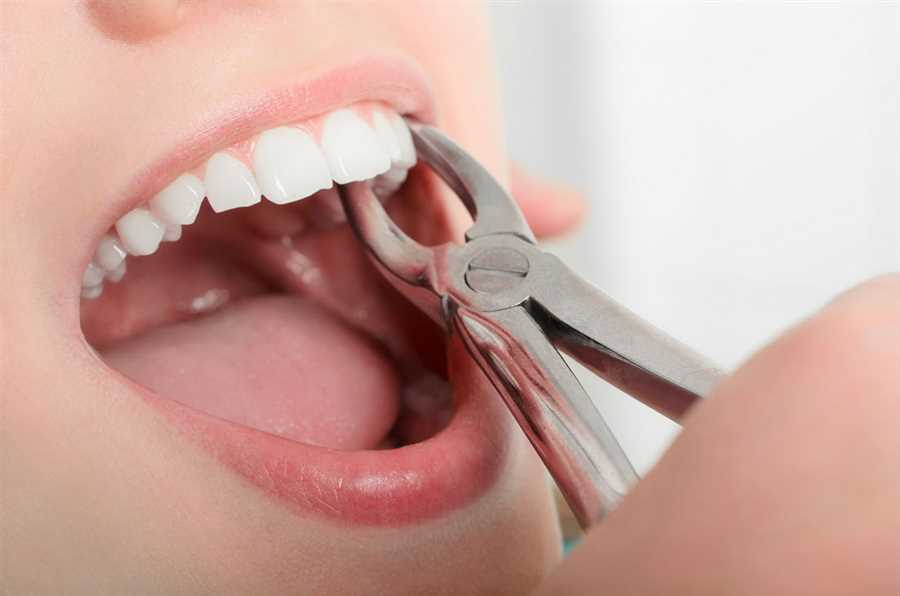
Dental emergencies are unpredictable and can occur at any time and place. They are often caused by an impact to the mouth, leading to conditions such as chipped, knocked out, or loose teeth. It is crucial that in the event of a dental emergency, you promptly seek the assistance of a dental professional.
Types of Dental Emergencies:
Toothaches: Tooth pain can result from a variety of issues, such as a broken tooth, new cavities or decay beneath an old filling, and damage due to excessive grinding or clenching. In most cases, immediate dental attention is necessary. In the interim, you can use temporary pain relievers like ibuprofen or Tylenol.
Sore and Swollen Gums: Swollen gums are often due to plaque, gum disease, or trapped food particles between teeth. Gently brushing or flossing the affected area may help dislodge trapped debris. However, it is crucial to visit an emergency dentist as soon as possible.
Broken Tooth: Tooth breakage can result from various causes, including accidental falls, sports injuries, car accidents, fights, or biting hard food. It can also occur due to cavities weakening the tooth, leading to chipping or fractures. Teeth with significant portions broken off can become very painful, exposing nerves and internal damage. Teeth with smaller cracks or fractures may or may not be painful and can be challenging to detect.
Lost Crown: If a dental crown falls off, make an appointment with your dentist and bring the crown with you. In the meantime, you can apply a cotton swab with clove oil to the sensitive area if the tooth is causing pain. If possible, replace the crown over the tooth, but first, coat the inside with over-the-counter dental cement or toothpaste (avoid superglue). If you can't visit a dentist immediately, you can use dental cement available at drugstores to cover the broken tooth.

Knocked-Out or Broken Teeth: Act Swiftly for the Best Outcome
Teeth are remarkably strong but can still be subject to chipping, fractures, and, in rare cases, getting knocked out. Immediate action can often save a tooth, and even a half-hour delay can make a difference in saving it.
When a Tooth Is Knocked Out:
If a tooth is knocked out (avulsed), it can often be re-implanted by your dentist, provided you follow these steps:
Handle the tooth only by the crown (chewing edge), avoiding contact with the roots.
Do not attempt to brush or clean the tooth; rinse it lightly.
Try to place the tooth back into its socket without losing it or swallowing it.
If re-implantation is not possible, store the tooth in a small container filled with whole milk or saliva.
Seek dental emergency service as soon as possible. Teeth knocked out within an hour have the highest chance of being saved.
When a Tooth Is Broken:
If your tooth is broken, you must see your dentist as soon as possible. They will assess whether cavities were involved in the breakage and if the tooth's nerve is at risk. Before you reach the dentist's office, take the following measures:
Locate and save all the pieces of the broken tooth.
Rinse your mouth thoroughly with warm water.
Apply a cold ice pack on your cheek or lips covering the area with the broken tooth to reduce swelling and alleviate pain.
If you can't visit a dentist immediately, use dental cement from a drugstore to cover the broken portion.
Take over-the-counter medication like ibuprofen or Tylenol to relieve pain.
When a Tooth Is Cracked or Fractured:
Cracked teeth can be challenging to detect as they may not appear on x-rays. Pain levels depend on the severity of the fracture and the response of the pulp to outside irritants. Sometimes, a tooth may appear healthy but cause pain when exposed to hot or cold stimuli. Constant pain may indicate nerve damage.
Types of Fractures:
Cuspal Fracture: Weakening of a tooth's cusp or pointed chewing surface. Depending on the fracture's severity, the pulp may also be damaged.
Cracked Tooth: This fracture extends from the chewing surface into the tooth, sometimes below the gum line. Early detection may enable the tooth to be crowned or repaired with a filling. If nerve damage has occurred, endodontic therapy or a root canal may be necessary.
Split Tooth: This occurs when the crack has progressed to the point that there are two distinct pieces of the tooth that can be separated. In most cases, the tooth will need to be extracted, but in rare instances, gum surgery and a crown may save a portion of the tooth.
Preventing Cracked Teeth:
While cracked teeth cannot be entirely prevented, there are steps you can take to reduce the risk:
Avoid clenching or grinding your teeth.
Refrain from chewing on hard objects such as popcorn kernels, pens, and ice.
If you grind your teeth in your sleep, consult your dentist about wearing a mouth guard.
Always wear a mouth guard when participating in contact sports.
Dental emergencies should not incite panic; they require timely attention and care. Prevention is the key to avoid such emergencies, including the use of mouth guards during sports, avoiding fights, hard foods, and maintaining good oral hygiene. Regular dental check-ups and consultations are essential for preventive measures.
Contact YOUR Elmsford Emergency Dentist at Oliveira and Cardo
We prioritize your dental emergency requests, even beyond official hours. We offer relief from pain, long-term solutions, and swift assistance. Contact us during office hours at 914-422-3711. Our experienced and dedicated emergency dentists at Oliveira and Cardo are prepared to help you. Don't let a dental emergency disrupt your life; get in touch and find relief now.